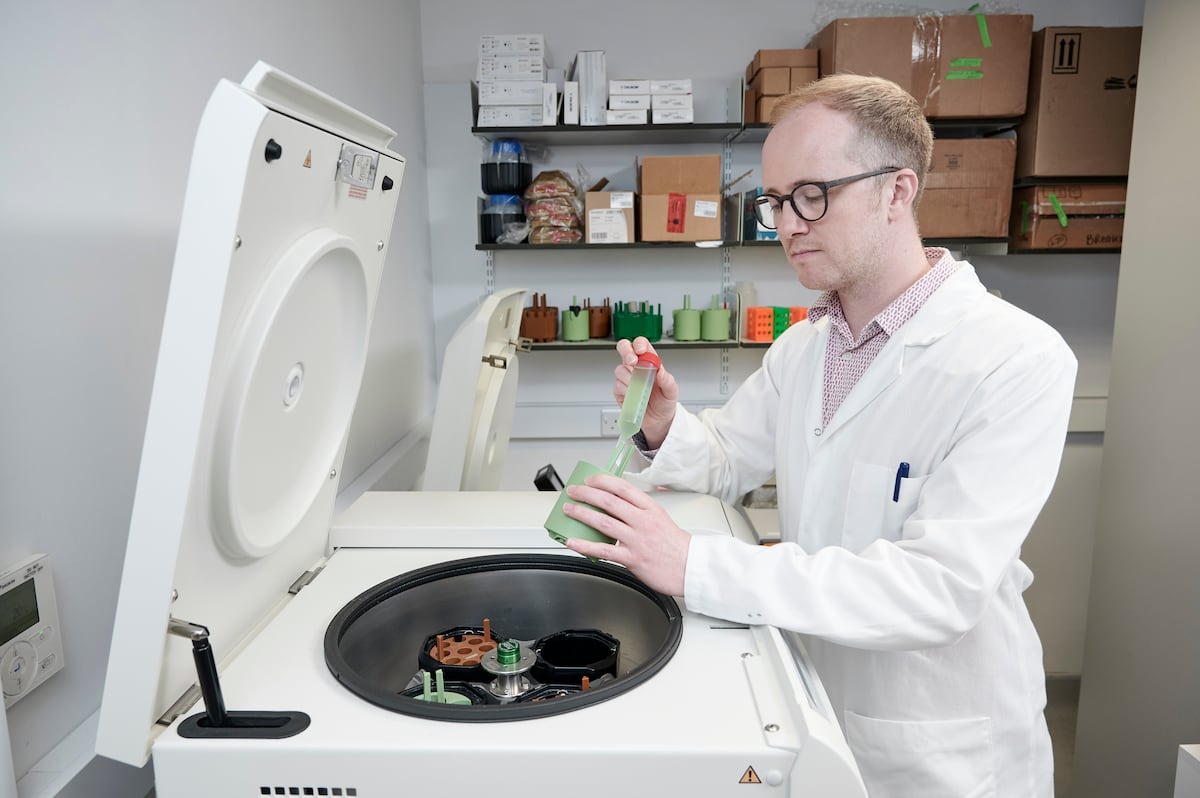
"The researchers discovered that by guiding living Escherichia coli bacteria, they could trigger natural processes to transform waste into valuable medicinal compounds like paracetamol."
"Wallace notes, 'We didn't have to teach the bacteria how to do the reaction: the trick was realizing they already had the tools and just had to be guided.'"
A research team at the University of Edinburgh, led by Stephen Wallace, discovered a method for turning plastic waste into paracetamol using Escherichia coli bacteria. By employing synthetic biology, they guided the bacteria to perform a complex chemical reaction, known as the Lossen rearrangement, which was traditionally observed only in laboratory settings. The bacteria possess natural catalytic properties, allowing them to efficiently convert waste into useful compounds without external catalysts. This breakthrough presents a potentially greener method for producing pharmaceuticals from waste materials.
Read at english.elpais.com
Unable to calculate read time
Collection
[
|
...
]